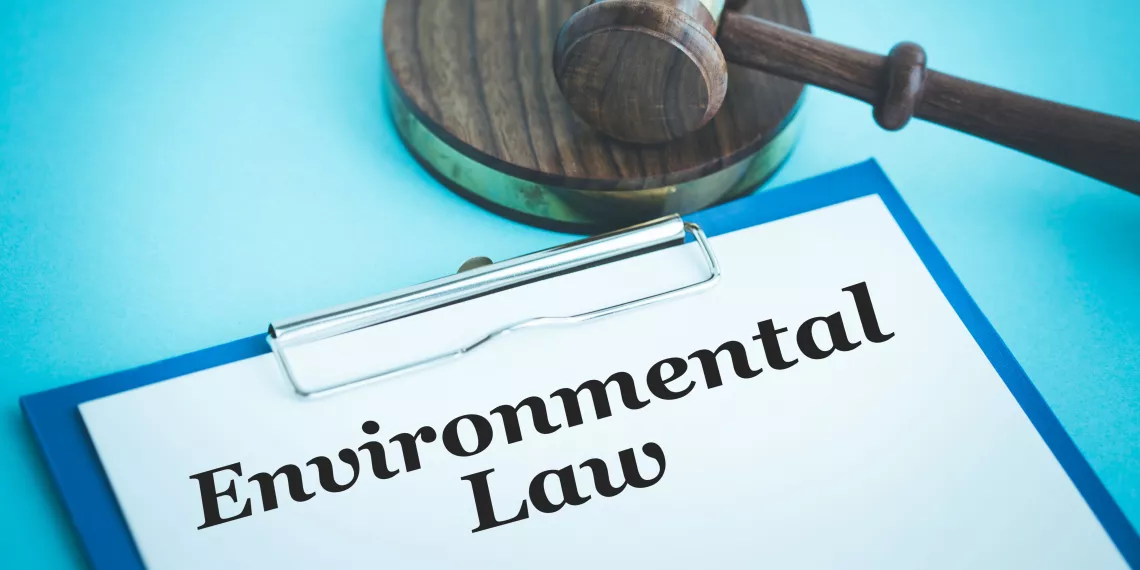
In Maryland Public Service Commission Case No. 9708, Washington Gas sought approval to spend $495 million in ratepayers’ money from 2024 to 2028 on replacing older gas pipelines that are more prone to leaking.
Investing hundreds of millions of dollars in the gas system is contrary to Maryland’s climate laws, which call for its buildings to use clean electric equipment and appliances, rather than continuing to burn gas, which is harmful for public health and the climate.
Building out new gas pipes is also a bad financial deal for ratepayers, because they would be on the hook for funding these pipes over multiple decades, even if the gas pipes stop being used because so many buildings have electrified. Besides, Washington Gas still can—and often does—fix leaky pipes even without the Commission’s approval of its petitions under Maryland’s STRIDE program, which seek advance approval of accelerated pipeline replacements paid for by an additional surcharge on customer bills.
Sierra Club intervened in Case No. 9708 to call on the Commission to stop wasteful STRIDE spending. Sierra Club teamed up with the Chesapeake Climate Action Network (CCAN) to ask the Commission not to approve Washington Gas’s request to spend $495 million on pipeline replacements through STRIDE.
An administrative judge at the Commission issued a recommendation to approve only 2/3, or roughly $330 million, of Washington Gas’s request, in part because it is inconsistent with Maryland climate laws. However, the administrative judge did not go far enough and should have disapproved all of Washington Gas’s proposed programs, particularly because the Commission will be examining the prudency of such spending in the upcoming “future of gas” proceeding in Case No. 9707.
Sierra Club and CCAN jointly appealed this recommendation, asking the Commission not to approve any advance spending on replacing pipelines that would remain in place for roughly 100 years, long after Maryland is required to reach net-zero emissions under its climate laws.
Alternatively, if the Commission does not disapprove the entire $495 million requested by Washington Gas, we asked the Commission to wait to approve anything until it completes the “future of gas” case, where the Commission would responsibly evaluate gas infrastructure spending over the coming years in light of Maryland’s climate law and policies favoring electrification and steep decreases in gas usage.